Repair Your Hormonal Acne in 5 Steps.
Aside from being a common PCOS symptom, Acne can be caused by a whole range of factors and with some people being just more prone to having breakouts than others. We understand it can be frustrating having breakouts. Especially when you have a good skincare routine, eat well and exercise!
However, it is important to understand that the skin is the largest organ in your body and plays a role within your body’s detoxifying systems. Your acne could be your body's way of letting you know that something is off balance, or not functioning as well it could be.
1. Cut Back on the Sugar & Dairy
When we eat anything which is high in glycemic index (GI) like refined carbohydrates, sugar, and lollies, there is an increase in an insulin production which can lead to inflammation and increased sebum production. Additionally, dairy can cause an increase in insulin-like growth factor 1 (IGF-1) which can lead to a similar outcome. Studies have shown that eating diary products is associated with higher chances of having acne compared to no intake at all.
2. Keeping an Eye on your Cycle
During your menstrual cycle, testosterone and oestrogen levels peak around ovulation and together can increase your sex drive, boost your mood and confidence, and even support muscle mass.
However, testosterone is an androgen which is converted to dihydrotestosterone (DHT) at the skin level which may lead to overproduction of sebum or oils on the skin. If you experience breakouts during this period of the cycle, this may be why.
Oestrogen and Progesterone work together to keep androgens in check, by helping to prevent the conversion of testosterone to DHT. Estradiol can influence the metabolism of androgens and at the hair follicle level, progesterone decreases the conversion of testosterone to dihydrotestosterone by inhibiting the activity of 5-alpha reductase activity).
For those with hormonal conditions like polycystic ovary syndrome (PCOS) where there are excess levels of testosterone or other androgens, acne is common.
3. Find your Peace
Stress both physical and mental can worsen acne. Cortisol, which is known as the “stress” hormone, affects the other hormones in your body.
For example, not getting enough sleep (less than 7 hours), experiencing difficulties in life, and high intensity exercise with poor recovery, can all cause an increase in cortisol levels.
Finding ways to bring zen in to your life is fundamental to lowering cortisol levels. It can improve your quality of life and help give you that radiant skin that you deserve.
4. Give your Liver a Vacation
Your Liver performs over 500 vital tasks and has the enormous task of filtering and detoxifying environmental toxins, caffeine, alcohol and hormones such as oestrogen.
Oestrogen is a double edged sword. Having higher or lower oestrogen levels are both associated with acne. The liver can get overworked due to poor lifestyle choices, viruses, medical conditions. If you have higher than normal oestrogen levels, detoxifying becomes difficult.
Try supporting your liver by drinking water, eating a varied diet, and including plenty of bitter foods and cruciferous vegetables like collard greens and broccoli.
5. Sync it with Zinc
Zinc is one of those micronutrients, that chances are, you aren’t getting enough off. This micronutrient is needed for around 100 jobs during enzyme reactions and hormone production in the body.
From supporting your immune system, lowering inflammation, nourishing the ovaries, to keeping pores open and preventing bacterial growth on the skin. This micronutrient does it all!
Zinc is found in foods such as red meat, oysters and pumpkin seeds. If you find it difficult to incorporate these foods in to your diet, it could be ideal to talk to your healthcare clinician about supplementing to increase and optimise your levels.
Need help with hormones?
If you’re struggling with your periods, you’re in the right place. And we know how to help. We work alongside your GP, Pelvic Physiotherapist, Gynecologist or specialist to achieve the best result for you. With our help, you’ll build a team of professionals around you so you can get the results you’re looking for.
As a leading private health clinic, we can see you for online telehealth appointments across Aotearoa New Zealand from the comfort of your home.
With a team of Registered Nurses, Clinical Nutritionists and Medical Herbalists, we support people (just like you) with period problems, hormones, acne, polycystic ovary syndrome, endometriosis and fertility journeys.
Learn more about how Hekate Clinic can help you.


